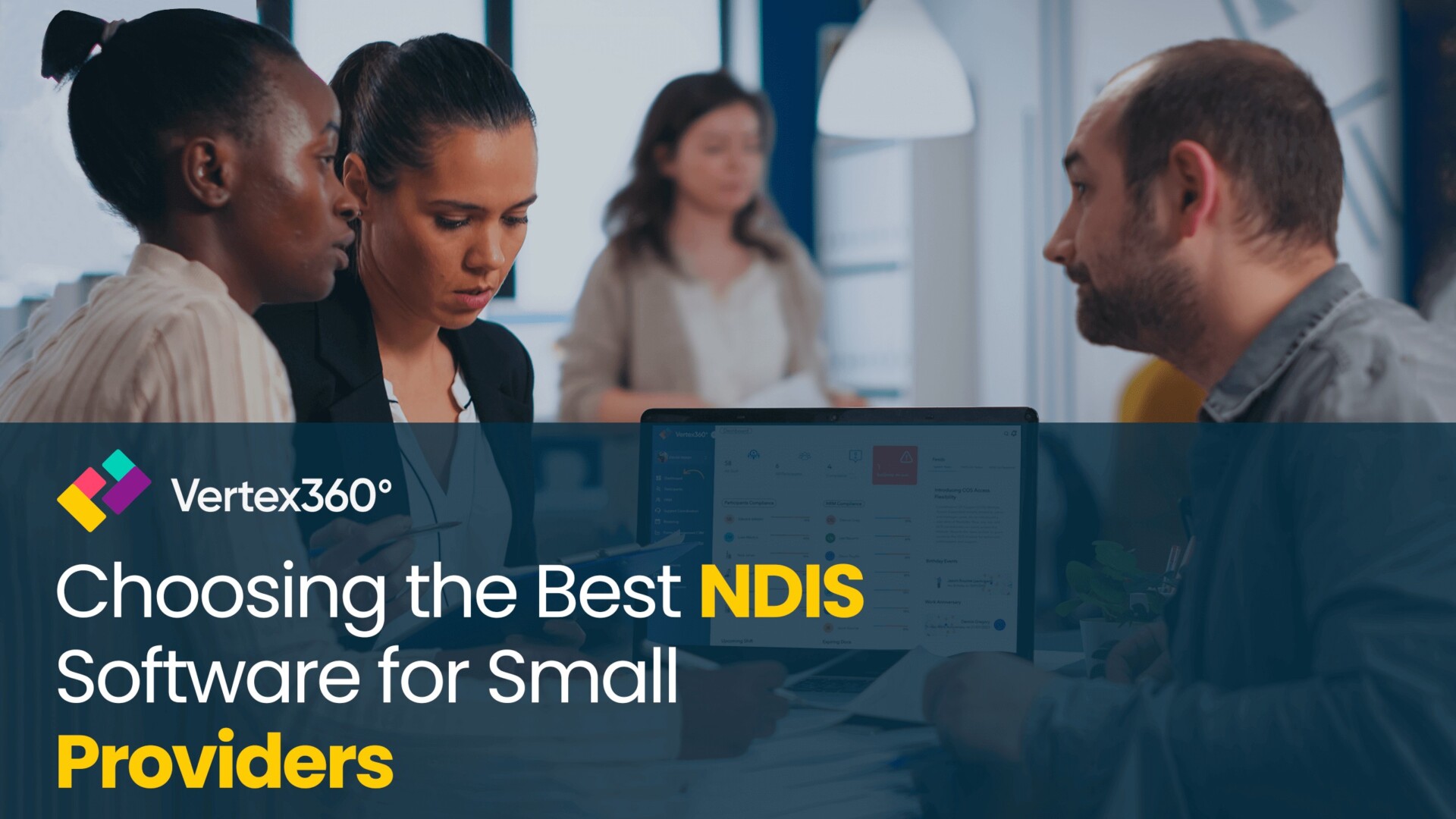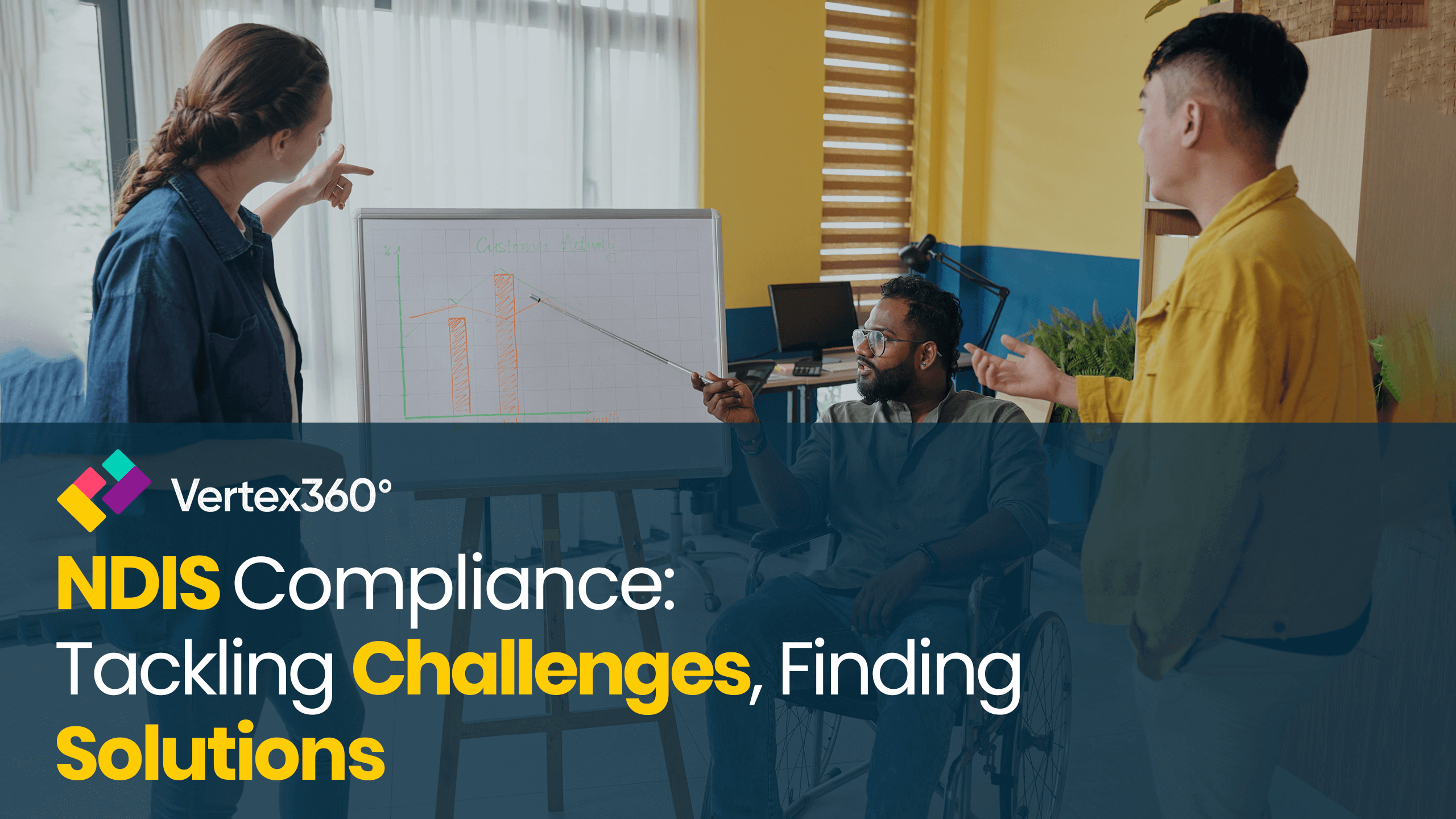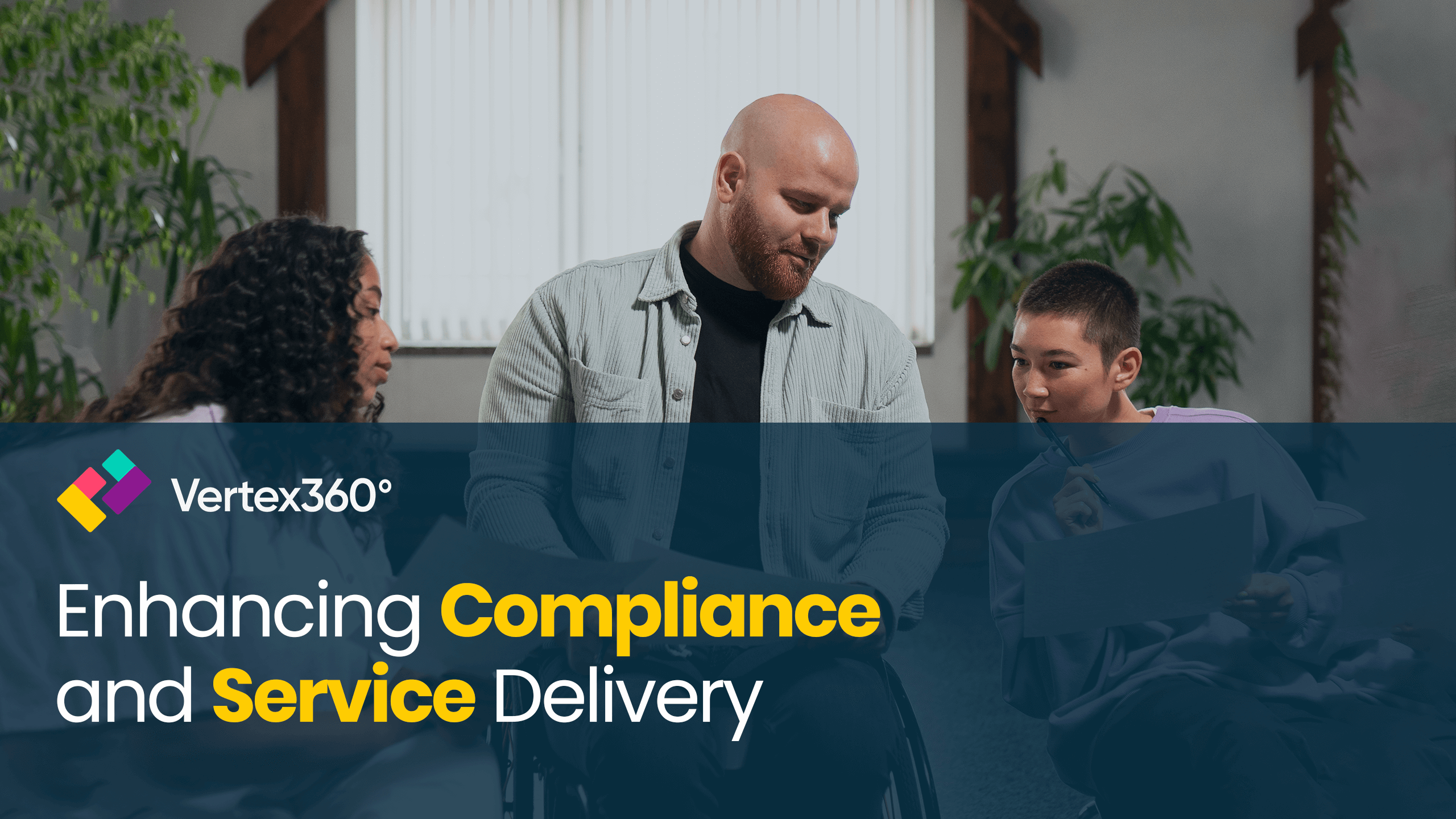As NDIS providers strive to deliver high-quality services to participants, they must also navigate a complex legal framework to ensure compliance and mitigate legal risks. vert
1. Adherence to NDIS Practice Standards and Code of Conduct:
NDIS providers are required to comply with the NDIS Practice Standards. These comprehensive guidelines outline the quality standards for service delivery across various domains such as governance, delivery of supports, and participant outcomes. Additionally, adherence to the NDIS Code of Conduct, which sets expectations for ethical and professional behaviour, is essential. Compliance with these standards ensures that providers deliver services that are safe, effective, and of high quality.
2. Compliance with Australian Laws and Regulations:
In addition to NDIS-specific requirements, providers must operate by all relevant Australian laws, rules, and regulations. This includes compliance with the NDIS Pricing Arrangements and Pricing Limits, ensuring that providers do not engage in practices that could be considered non-compliant or fraudulent. Staying informed about legislative changes and regulatory updates is crucial to maintaining compliance.
3. Accurate Record Keeping and Claims:
Accurate and truthful claims are essential for compliance and transparency. Providers must ensure that their claims for payment accurately reflect the supports delivered to participants and are supported by proper documentation. Maintaining detailed records of services provided, participant interactions, and financial transactions helps demonstrate compliance during audits and reviews. Vertex360, an NDIS software, can help effectively maintain these records.
4. Participant Rights and Safety:
Protecting the rights and safety of participants is a fundamental responsibility of NDIS providers. This includes ensuring informed consent for services, respecting participant confidentiality, and implementing measures to prevent harm or abuse. Providers should have robust incident management processes to promptly address any incidents or concerns and report them to the relevant authorities as required by law.
5. Privacy and Data Protection:
Compliance with privacy laws and regulations is essential for handling the personal and sensitive information of NDIS participants. Providers must adhere to the Australian Privacy Principles and implement appropriate security measures to safeguard participant data from unauthorized access, use, or disclosure. This includes obtaining consent for collecting and using personal information and ensuring data is stored securely.
6. Worker Screening and Training:
All staff working for NDIS providers must undergo appropriate screening checks to ensure their suitability for working with vulnerable populations. This may include criminal history checks, working with children checks, and other relevant screenings. Additionally, staff should receive comprehensive training on NDIS Practice Standards, Code of Conduct, and relevant policies and procedures to understand their responsibilities and obligations.
7. Contractual Obligations and Service Agreements:
Clear and comprehensive service agreements are essential for establishing the terms and conditions of service delivery between providers and participants. These agreements clearly outline the scope of services, pricing, payment terms, and rights and responsibilities of both parties. Providers should ensure that agreements are fair, transparent, and compliant with relevant laws and regulations.
8. Insurance and Risk Management:
Maintaining adequate insurance coverage is essential for managing legal and financial risks associated with service delivery. This may include professional indemnity insurance, public liability insurance, and workers’ compensation insurance, as applicable. Providers should review their insurance policies regularly to ensure adequate coverage for potential liabilities and risks.
9. Complaints Handling and Dispute Resolution:
Effective complaint-handling processes are essential for addressing participant grievances and resolving disputes promptly and transparently. Providers should have clear procedures for receiving, investigating, and resolving complaints and ensure that participants know their rights to make complaints and seek redress. Engaging in alternative dispute resolution mechanisms, such as mediation or conciliation, can help prevent legal escalation and maintain positive relationships with participants.
10. Accessibility and Non-Discrimination:
NDIS providers must ensure their services are accessible to all eligible participants, regardless of their needs or circumstances. This includes making reasonable adjustments to accommodate participants with disabilities and ensuring that services are delivered non-discriminately. Providers should comply with anti-discrimination laws and promote inclusivity and diversity in their service delivery practices.
By prioritizing these legal considerations, NDIS providers can navigate compliance challenges effectively, mitigate legal risks, and uphold the highest service delivery standards for participants. Compliance with legal requirements ensures regulatory compliance and contributes to the overall success and sustainability of NDIS service provision.






